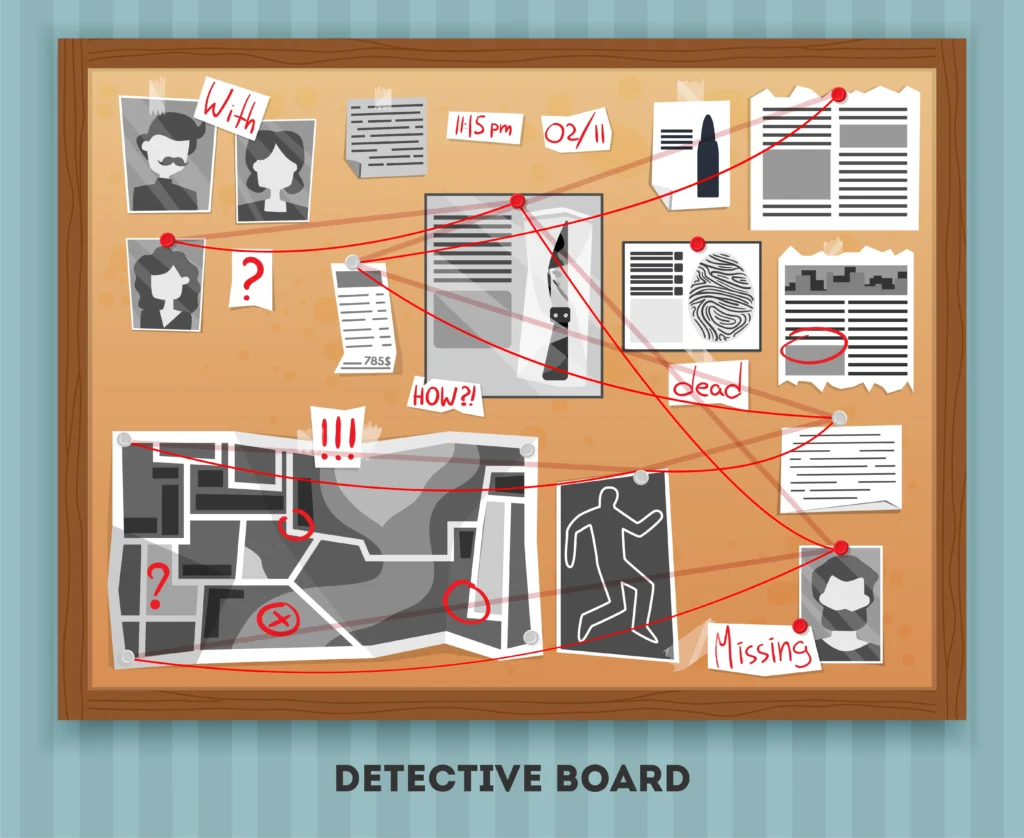Nearly three years after the horrific killings of four University of Idaho students, the case against Bryan Kohberger has taken a dramatic and unexpected turn. Once facing the possibility of a death sentence, Kohberger has now agreed to plead guilty in exchange for a deal that spares his life. The move has reignited national attention, stirred outrage among grieving families, and brought up important questions about justice, closure, and the limits of the American legal system.
In this article, we break down the key facts surrounding the plea deal, revisit the timeline of the case, highlight reactions from victims’ families, and examine the reasoning behind prosecutors’ controversial decision to avoid trial.
Inside the Plea Deal: What Bryan Kohberger Agreed To
On June 30, 2025, Bryan Kohberger formally accepted a plea agreement that will allow him to avoid the death penalty in exchange for a guilty plea to all charges. The deal stipulates that Kohberger will receive four consecutive life sentences without the possibility of parole, as well as an additional 10 years for a related burglary charge. Furthermore, he has waived his right to appeal, meaning this sentence will stand without the possibility of modification.
While the plea officially ends the risk of a lengthy and uncertain trial, it does not necessarily offer emotional closure for the families of the victims—Kaylee Goncalves, Madison Mogen, Ethan Chapin, and Xana Kernodle. The official change-of-plea hearing is scheduled for July 2, 2025, and sentencing is expected to follow shortly thereafter.

Revisiting the Timeline of the Tragedy
The murders took place in the early morning hours of November 13, 2022, in a quiet off-campus residence in Moscow, Idaho. The four victims—all students at the University of Idaho—were found stabbed to death in their beds in a case that shocked the nation for its brutality and lack of immediate leads.
Bryan Kohberger, a Ph.D. student in criminology at nearby Washington State University, was arrested more than a month later at his parents’ home in Pennsylvania. Law enforcement used a combination of DNA evidence—specifically, genetic material left on a knife sheath at the scene—and cellphone data to track his movements. Surveillance footage also placed Kohberger’s vehicle near the house in the days and hours leading up to the murders.
He was extradited to Idaho in early 2023 and charged with four counts of first-degree murder and one count of burglary. His legal team initially maintained his innocence and demanded a jury trial. The unexpected plea deal in June 2025 marks a sudden shift after nearly three years of legal buildup.
Outrage and Heartbreak: Victims’ Families React
The announcement of the plea deal has been met with intense backlash from the victims’ families, many of whom believed prosecutors had committed to seeking the death penalty. For them, the sudden decision to negotiate a deal without fully involving or informing them felt like a betrayal.
Aubrie Goncalves, the sister of victim Kaylee Goncalves, released an emotional statement calling the plea “shocking and cruel.” She accused the justice system of prioritizing expediency over accountability and stated that her family was blindsided by the decision. The family of Xana Kernodle expressed similar anger and said they intend to speak at the sentencing in protest of the deal.
These families had hoped for a trial that would publicly expose the full truth of what happened that night and provide them a platform to confront Kohberger directly. Instead, they now face a closed-door resolution that, in their eyes, denies them justice.

Why Prosecutors Chose to Avoid a Death Penalty Trial
Prosecutors in Latah County have defended the plea agreement, arguing that the decision was made to bring guaranteed justice while sparing the families and the community a painful and protracted trial. Death penalty cases in the U.S. can take years—sometimes decades—to resolve due to appeals and procedural delays. In this case, prosecutors cited the overwhelming evidence against Kohberger as justification for securing a guilty plea and life sentences now rather than risking future complications.
Legal experts note that even when a death sentence is secured, execution is often delayed for years, and families must relive their trauma during numerous court appearances and appeals. By securing a full admission of guilt and eliminating all paths of appeal, the prosecution believes it has delivered a form of justice that is final and enforceable.
Still, critics argue that the process lacked transparency and failed to prioritize the voices of the families. The fact that some victims’ relatives were reportedly informed only hours before the announcement has deepened public concern over how such deals are communicated and negotiated in high-profile cases.

Conclusion: A Case That Continues to Haunt a Community
As the sentencing of Bryan Kohberger draws near, one chapter in this harrowing case appears to be closing. But for the families and friends of the victims, the pain is far from over. The plea deal may have spared Kohberger the death penalty, but it has sparked a renewed debate about justice, accountability, and the rights of victims’ families in plea negotiations.
What began as a search for truth and punishment has now become a conversation about process, priorities, and the enduring impact of violent crime. For many, the question remains: Did this deal serve justice—or did it silence it?
Table of Contents
Video Suspect in Idaho college murders agrees to plead guilty – ABC News